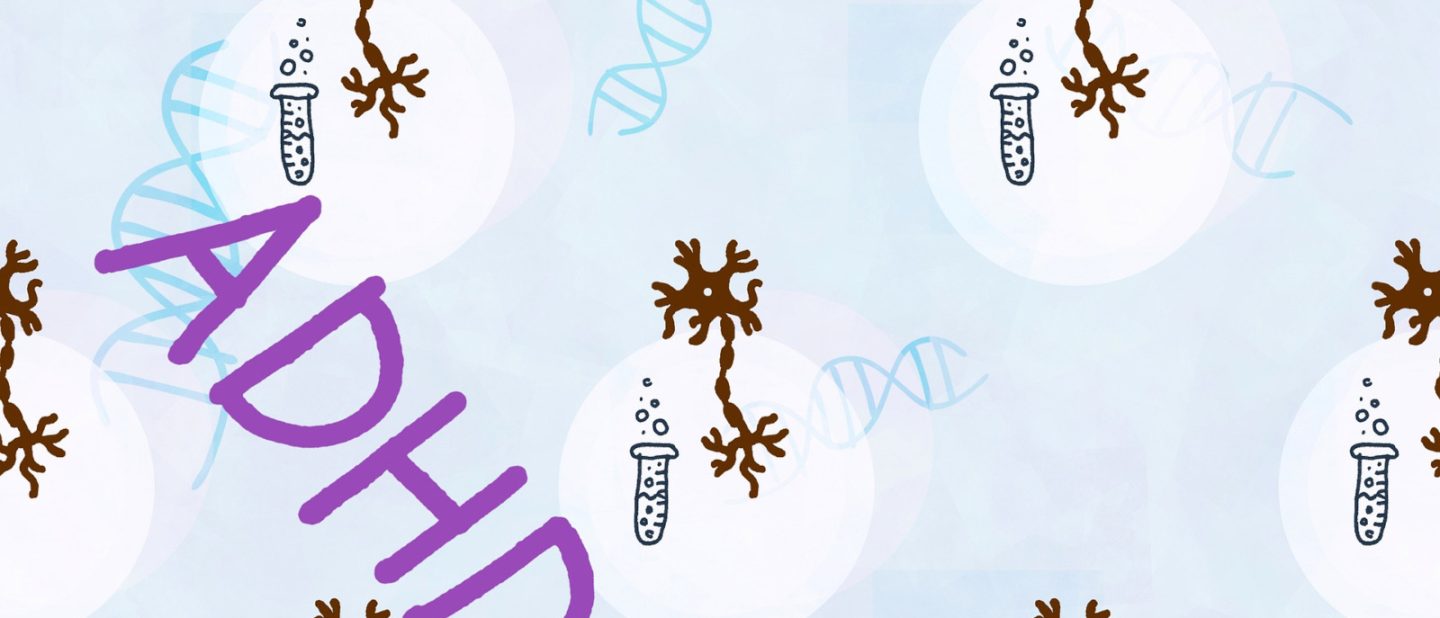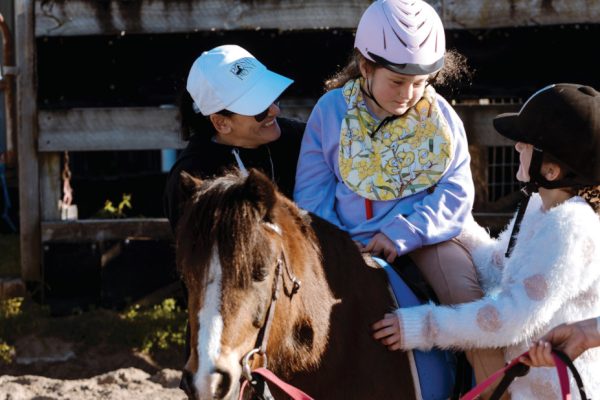
RSD & RDS as characteristics of autism & ADHD
By Amelia Kent (AuDHD – Rejection Sensitive Profile) and Tara Kent (AuDHD – Reward Deficiency Profile)
I found myself saying “there are two primary motivators behind personality in Autistic / ADHD (“AuDHD”) children and adults”. Technically all AuDHD’ers have a combination of both of these motivators, but more often than not, one motivator is stronger than the other and thus becomes a primary motivator of behaviour. One is called “Rejection Sensitive Dysphoria” (RSD) and the other is called “Reward Deficiency Syndrome” (RDS). The following is the subject of work and thoughts from two people – one with each of the profiles explained throughout this piece.
REJECTION SENSITIVE DYSPHORIA (RSD)
By Amelia Kent (AuDHD – Rejection Sensitive Profile)
The experience of RSD is explained by those with this profile to be an incredibly high registration of emotional interoceptive input, to such an extent that the feeling of rejection is often traumatic. This is then said to lead to those with RSD navigating the world in a constant effort to avoid rejection, leaving them hyperaware and hypersensitive to any situation or interaction which could cause them to experience this trauma.
As RSD’ers are so significantly impacted by rejection, which is largely out of our control, to allow ourselves a sense of safety, we often attempt to assert control over as many areas of our life as possible. This can manifest as a variety of ways, however, commonly presents as: Pathological Demand Avoidance (PDA): This is a fear-based avoidance of demands which often looks like the person is being oppositional. The oppositional nature often occurs due to deep-seated fears of being placed in a situation they cannot control or navigate, thus saying ‘no’ or avoiding the demand is the default first response.
Obsessive Compulsive Disorder (OCD) and/or Generalised Anxiety Disorder (GAD): This often presents as a result of perfectionist-based intentions and a desperation to get it right/perfect. There is a constant internal dialogue in the brain of the RSD’er that “they will hate it – this is not good enough”. This is exhausting and requires excessive strength to battle.
REWARD DEFICIENCY SYNDROME (RDS)
By Tara Kent (AuDHD – Reward Deficiency Profile)
Those with RDS profiles describe having an intense drive to access dopamine constantly. This profile is more commonly referred to as ‘dopamine seeking’ rather than ‘reward-driven’ to avoid the assumption that reward-based strategies are helpful. Reward-based strategies are very unhelpful and result in further increases to anxiety from an “it’s never enough” experience of the dopamine-seeking brain that these strategies are often used on.
RDS brains thrive on outcomes and intellectual stimulation. Amongst other things, this can be provided by devices, with their fast-moving games, shock-value from the impact of their behaviour on others and achievement & completion, due to the subsequent dopamine gained. RDS’ers will often complain that they don’t want to do an activity alone, making them appear rejection sensitive – however, as different to the need to acquire validation and nurturing (as the rejection sensitive brain requires), the RDS brain doesn’t find value in many things unless someone can see their wins, or they have another tangible way to display the outcomes.
Due to this constant effort to meet a basic need, RDS’ers will often be solely focused on their interests, and achieving whatever goal they have set
for themselves, at times disregarding the needs and desires of those around them. Engaging in any task or activity that contains no perceivable dopamine is likely to be incredibly difficult and can cause the RDS’er to experience significant dysregulation as a result. This can often present as what many see as a Pathological Demand Avoidance (PDA) profile, or sometimes call Oppositional Defiance Disorder (ODD), however, RDS’ers can often manage demands as long as such demands do not interfere with their pursuit of dopamine.
Interventions & Strategies
Here are some basic strategies to start facilitating the roadmap towards supporting RDS and RSD brains to authentically thrive.
Rejection Sensitive Dysphoria (RSD)
- Be consistent with the excitement and validation that is provided. You may think that taking a weekend away with only this one child will help form a better connection, however, you will notice upon return that you’ve now set a new level of ‘normal’ regarding your connection. You’ll then find this unmanageable, yet the child may expect this all the time and feel betrayed and unloved when you’re too busy to provide that intensity of emotional connection.
- Where possible, have difficult conversations over text/ email, from different physical locations (even different rooms of the house). Communicating through messages is often really helpful for RSD’ers, as it allows us to process our emotions and the content of the message before responding.
It also removes the layer of us overthinking the other persons tone of voice, facial expression, and body language. We can then take the time to plan and carefully word our response. - Don’t mix praise with constructive or negative feedback. If there are any constructive or negative comments, this will subsequently overwhelm the person and they will hyperfocus on this and totally lose any benefit of praise. Provide praise at a later time and never link it to anything negative.
Reward Deficiency Syndrome (RDS)
- Try to remember that these brains are driven and focused, and don’t always realise that their tunnel vision may be hurting or offending those around them. Help them see the outcomes of decisions they are making, so they can see the dopamine they will lose if they do certain things. They are not nasty in intention, they are just so driven to access dopamine that they sometimes miss things.
- If you are trying to stop obsessive fixations (such as needing to get someone off a device to eat / participate) use another source of dopamine, not a direction. Being excited about something that they will like and talking about it and starting a new, preferred activity is far more likely going to help them transition. Telling an RDS brain to stop accessing dopamine is not going to achieve an outcome unless they are scared or have another source of dopamine to transition to.
- Speak in outcomes or your instructions are ‘white noise’ to the person and not heard. Rather than “don’t run with your fidget toys”, say “you’re about to drop and lose your fidget toys”. The outcome provides the instruction, without using a direction.
Tara and Amelia are both Specialist Behaviour Practitioners and Directors at Instinct Au and DivergAntz Collective, as well as The Experience Collectors. None of these providers use Applied Behaviour Analysis in their work, instead using neuroscience and sensory based strategies to achieve outcomes. They work in a manner which is Autistic led, Neurodivergent Affirming and listens to Actually Autistic voices.






